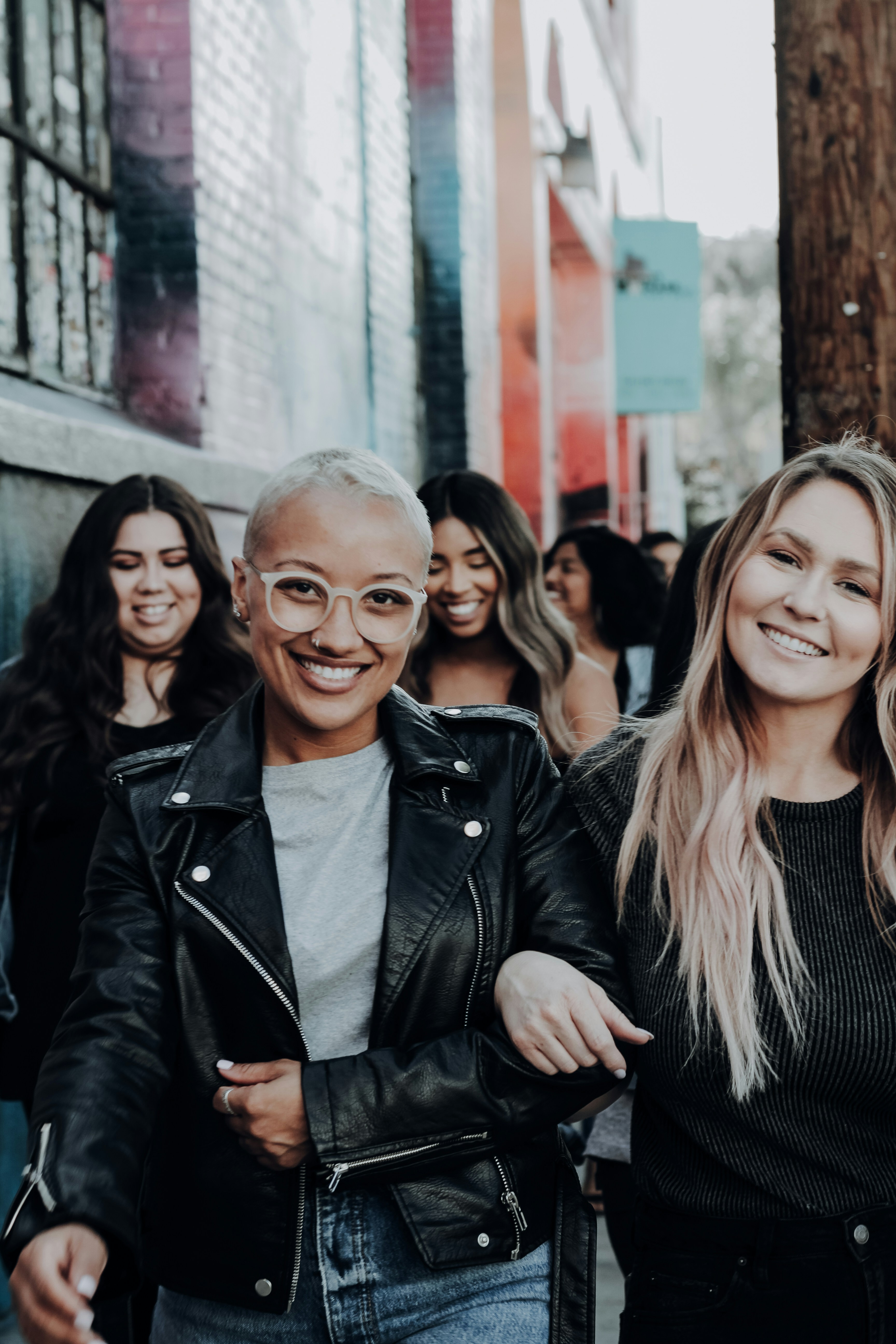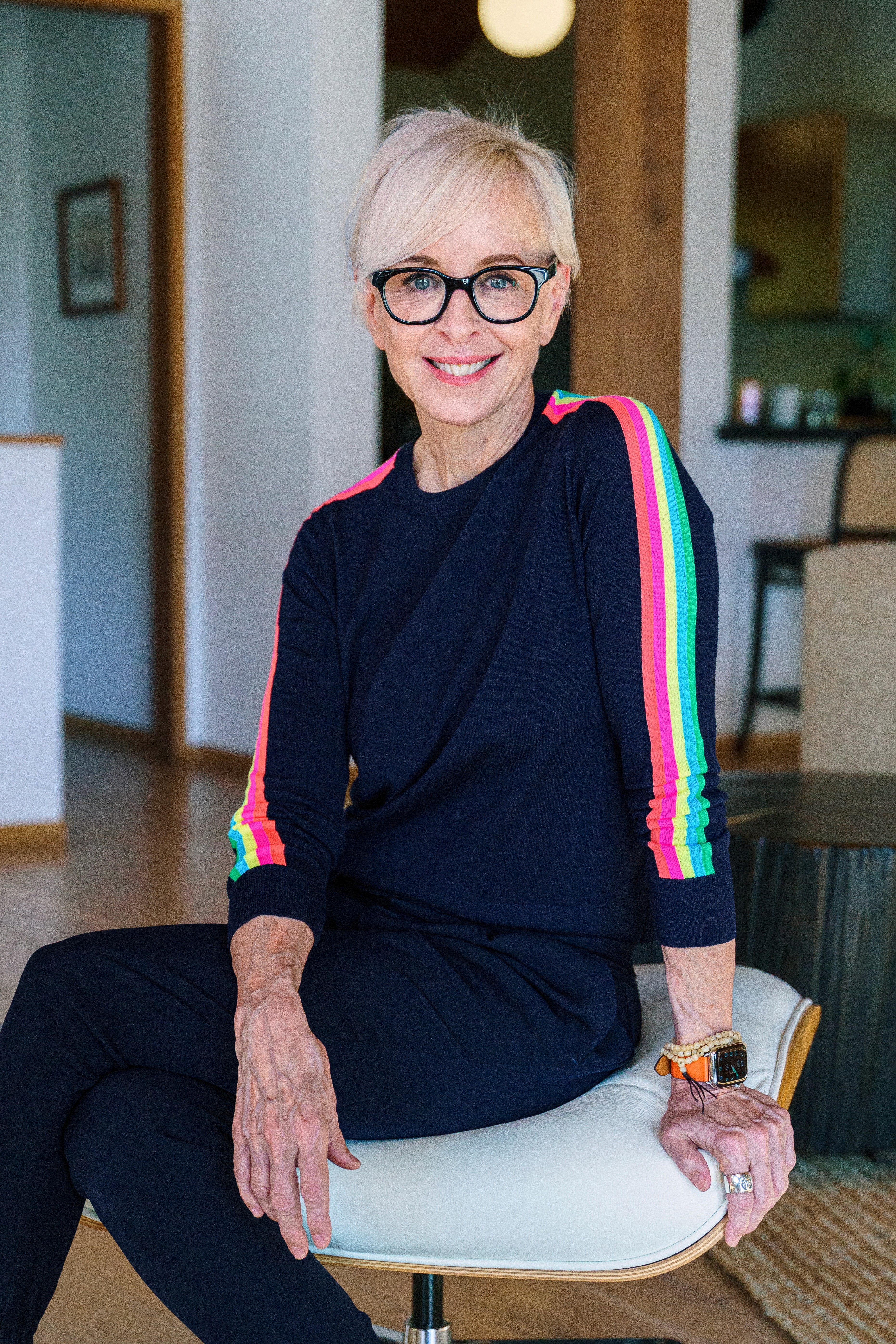Identity
7 Unique Strengths of LGBTQ People, According to Research
Expansive Therapy
The LGBTQIA community possesses many strengths and positive attributes that aren’t often acknowledged within mainstream narratives. Primarily, these strengths come from our journey as queer people. Being different, experiencing adversity, coming out, advocating for ourselves and others - these are all experiences that benefit us in so many ways, building strength and character and crafting us into our fabulous selves! Here are some of the strengths and positive attributes that research has found to be associated with LGBTQ individuals;
Resilience: Studies have shown that LGBTQ+ individuals often demonstrate resilience in the face of discrimination, stigma, and adversity. Research indicates that many LGBTQ+ individuals develop coping mechanisms, social support networks, and a strong sense of identity that contribute to their resilience and ability to thrive despite challenges.
Creativity and Innovation: Research suggests that LGBTQ+ individuals may possess higher levels of creativity and innovation compared to their heterosexual and cisgender counterparts. Studies have found that LGBTQ+ individuals are more likely to pursue careers in creative fields such as art, design, writing, and entertainment, and to contribute innovative ideas and perspectives to their respective fields.
Community Connection: LGBTQ+ individuals often demonstrate a strong sense of community connection and solidarity. Research has shown that LGBTQ+ individuals are more likely to engage in community activism, volunteerism, and advocacy efforts aimed at promoting social justice, equality, and LGBTQ+ rights.
Empathy and Cultural Competence: LGBTQ+ individuals often develop high levels of cultural competence and empathy as a result of navigating diverse identities and experiences. Research suggests that LGBTQ+ individuals are more likely to demonstrate open-mindedness, acceptance, and respect for diversity, and to advocate for inclusivity and equality in their personal and professional lives.
Respect for Authenticity: LGBTQ+ individuals often prioritize authenticity and self-expression in their personal and professional lives. Research indicates that LGBTQ+ individuals are more likely to value authenticity, honesty, and integrity in themselves and others, and to prioritize living authentically despite societal pressures to conform to norms and expectations.
Strong Social Support Networks: LGBTQ+ individuals often develop strong social support networks comprised of chosen family, friends, and allies who provide validation, acceptance, and affirmation. Research suggests that LGBTQ+ individuals are more likely to seek out supportive relationships and communities where they can be their true selves and find belonging and connection.
Intersectional Awareness: LGBTQ+ individuals often demonstrate awareness of intersectionality and the interconnected nature of social identities and experiences. Research indicates that LGBTQ+ individuals are more likely to recognize and address issues of privilege, power, and oppression based on factors such as race, ethnicity, class, ability, and gender identity.
If you identify as queer, it’s important to remember these strengths, which you as an individual and our community as a whole have fought hard for. Remember that you are unique and that is a good thing, and that your experience in the world, although difficult, has built up resilience, self-awareness, courage, and authenticity. If you’re finding it difficult to connect to your queer superpowers on the other hand, not to worry, this is a common experience. Therapy can be a good place to begin unpacking the negative messaging you’ve received about yourself and our community, and to begin getting back in touch with your fabulous core self.
Want more content like this?
Join our mailing list
Book Your Intro Session With A Therapist
Find A therapist









